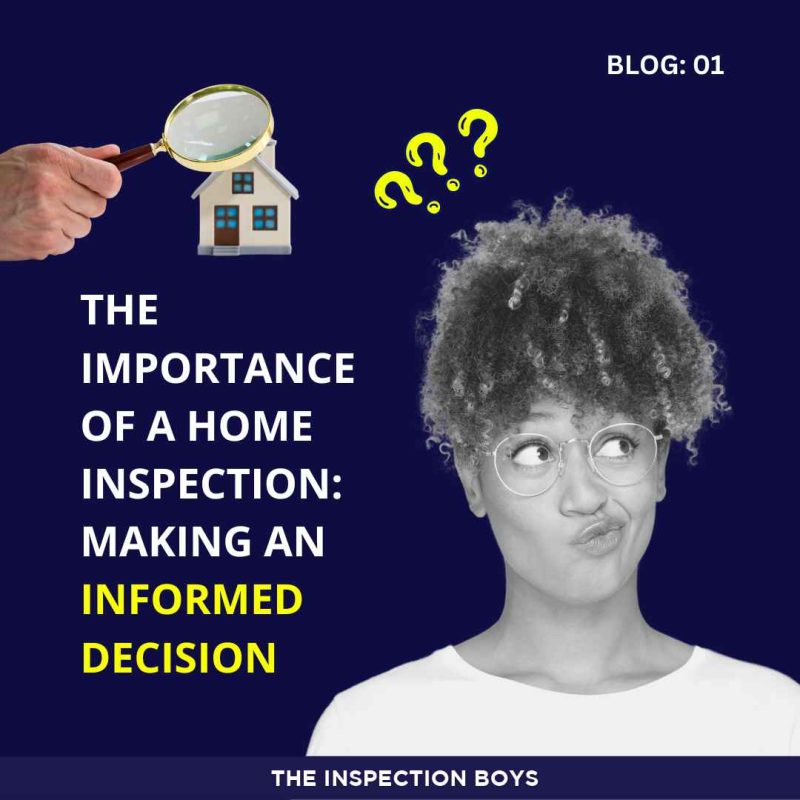A home inspection is a critical step in the home-buying process. It involves a thorough evaluation of a property’s condition by a qualified professional, who examines various aspects of the house to identify potential defects or issues that could impact its safety, value, or livability. Understanding the significance of a home inspection can help you make an informed decision and avoid unexpected expenses in the future. Let’s explore why and when you should consider getting a home inspection.
Protecting Yourself from Costly Surprises
One of the primary reasons to get a home inspection is to protect yourself from major unexpected expenses. A qualified inspector will thoroughly assess the property and identify any significant repairs that may be required. This knowledge ensures that you don’t end up purchasing a house that becomes a financial burden due to hidden problems. By addressing these issues before finalizing the purchase, you can make a more confident and secure investment.
Negotiating a Better Deal
Another advantage of a home inspection is the potential to negotiate a better price. If the inspection reveals significant problems or defects, you can use this information as leverage during price negotiations with the seller. They may be willing to lower the asking price or cover the cost of necessary repairs before closing the deal. This aspect of a home inspection can save you money and help you achieve a more favorable outcome in your real estate transaction.
Making an Informed Decision
A comprehensive home inspection provides you with valuable insights into the condition of the property. It allows you to make an informed decision about whether or not to proceed with the purchase. By understanding the current state of the house, you can weigh the pros and cons more accurately and determine if it aligns with your needs and expectations. The information gathered during the inspection empowers you to make a choice that suits your circumstances and minimizes potential future regrets.
Timing the Home Inspection
Ideally, you should schedule a home inspection after you have made an offer on a house, and it has been accepted. This timing allows you to complete the inspection before closing on the property, ensuring that you have sufficient time to address any issues that may arise. However, there are situations where it may be advisable to get a home inspection even before making an offer. This is especially true when buying foreclosed properties or engaging in a short sale, as they are often sold “as-is,” with the seller not assuming responsibility for repairs.
Choosing a Qualified Home Inspector
Selecting a qualified and reputable home inspector is crucial to obtaining reliable information about the property. Consider the following tips when choosing an inspector:
- Seek recommendations from friends, family, or your real estate agent.
- Verify the inspector’s license and insurance through your state’s licensing board.
- Inquire about the inspector’s experience and training.
- Obtain estimates from multiple inspectors to compare services and costs.
During the inspection, make the most of the opportunity by asking the inspector relevant questions, such as:
- What are the major defects you have identified?
- How urgently do these defects require attention?
- What is the estimated cost of the necessary repairs?
- Are there any additional defects or concerns I should be aware of?
Finally, after the inspection, make sure to obtain a copy of the inspection report. This report serves as documentation of the findings and can be referred to in the future if any questions or concerns arise regarding the property.
Key Takeaway
In conclusion, a home inspection is a wise investment that can save you from potential headaches and financial burdens down the line. By understanding the importance of a home inspection and following these guidelines, you can choose a qualified home inspector, obtain valuable information about the property, and make an informed decision about your purchase.

